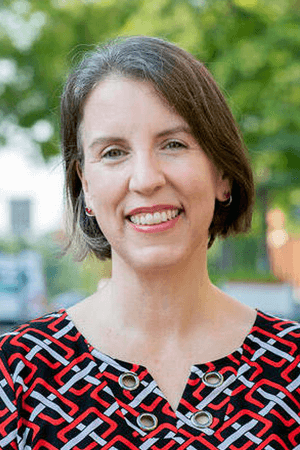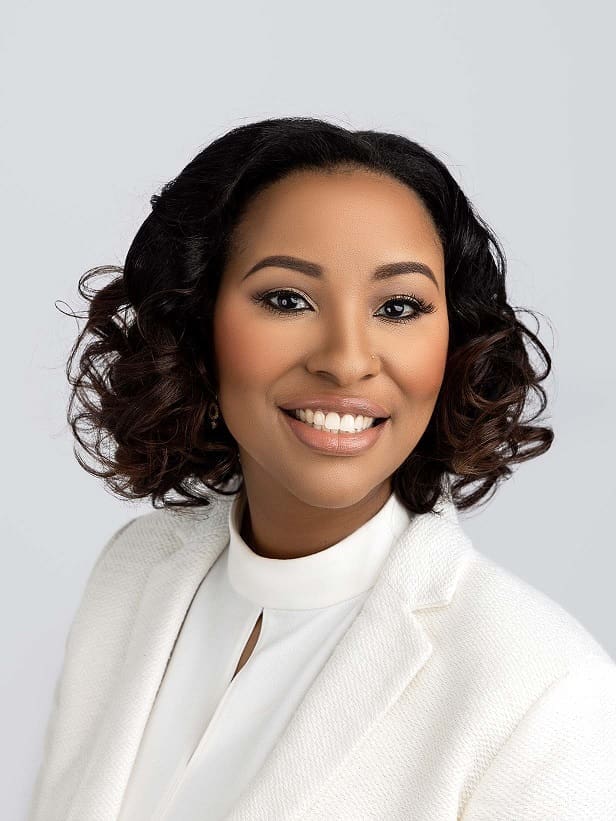2023-2023 faculty Learning communities
During the 2023-2024 academic year, the UNC System is supporting two Faculty Learning Communities (FLCs):
- Generative AI in Teaching and Learning: This FLC will focus on exploring and leveraging Generative AI in Teaching and Learning. Participants will discuss ways to integrate and/or restrict Generative AI technologies in their teaching so that AI technology enhances the learning experience while also mitigating the potential negative consequences.
- Open Education: This FLC will focus on supporting faculty in adopting open principles to create more inclusive, student-centered courses through a series of workshops, facilitated discussions, and curated readings. Participants will complete the program with a clear process for implementing open pedagogy in courses they are leading.
What is an FLC?
A Faculty Learning Community (FLC) is a form of professional development that brings together cross-disciplinary groups of professors, librarians, and instructional professionals to engage over a period of time in an active and collaborative program focused on building a sense of community and enhancing teaching and learning.
How Does It Work?
The FLCs are peer-led by faculty and instructional professionals across the system. There are regular synchronous or asynchronous discussions over the academic year and participants are encouraged and supported in exploring and applying the concepts and tools under consideration.
Key Benefits
- Professional Growth: Participants will gain valuable insights into timely topics and key strategies in teaching and learning.
- Collaborative Learning: Participants will engage in meaningful discussions and exchange ideas with colleagues from various campuses and backgrounds, fostering a collaborative and enriching learning experience.
- Practical Implementation: Throughout the program, participants will have the opportunity to apply concepts to their teaching practice and will be supported in developing one or more learning activities or teaching resources.
For More Information and to Apply
For more information about each FLC, including an application to participate, please see details below.
Generative AI in Teaching and Learning FLC
Overview
The Generative AI in Teaching and Learning FLC is an interdisciplinary initiative open to faculty members, librarians, and instructional professionals across the University of North Carolina (UNC) System. This community will focus on exploring and leveraging Generative AI in Teaching and Learning. Generative AI refers to the application of artificial intelligence to create content, generate responses, and simulate human-like behavior. Through collaborative discussions, webinars, and hands-on activities, participants will discuss ways to integrate and/or restrict Generative AI technologies in their teaching so that AI technology enhances the learning experience while also mitigating the potential negative consequences. The FLC will be facilitated by a faculty members with experience in Generative AI in an educational context who will guide participants through the discussions and practical application activities.
Who is it for?
This FLC is designed for faculty members, librarians, and instructional professionals from diverse academic disciplines within the UNC System. Whether participants are seasoned tech-savvy educators or just starting to explore the potential of AI in education, this community offers a supportive and inclusive environment for all levels of expertise.
Activities
- Monthly or Bi-Monthly Discussions: The FLC will hold regular synchronous and asynchronous discussions, including Zoom meetings for those whose schedule allows. Sessions may feature expert guest speakers, interactive workshops, and open discussions centered around Generative AI in teaching and learning.
- Hands-On Activities: Participants will have the opportunity to engage in practical, hands-on activities that involve exploring various Generative AI tools and platforms, experiment with their applications, and brainstorm creative ways to integrate them into educational contexts.
- Project Development: Over the course of the program, participants will work on designing and developing one or more learning activities or teaching resources that leverage Generative AI. These projects can be adapted for use in their own classrooms or shared with the wider UNC System community.
- Online Collaboration and Resource Sharing: Between meetings, participants will have access to an online platform where they can collaborate, share resources, and seek guidance from facilitators and fellow community members.
Facilitators (Spring 2024)

Dr. Sarah Egan Warren, Teaching Assistant Professor, Institute for Advanced Analytics, and DELTA Faculty Fellow, NC State University

Dr. Siobahn Day Grady, Assistant Professor and Program Director of Information Science/Systems at the School of Library and Information Sciences at North Carolina Central University
Past Facilitators:
FALL 2023: Dr. Mary Lou Maher (UNC Charlotte) and Dr. Sarah Egan Warren (NC State University)
To Apply
Please complete this brief survey to apply to participate in the Generative AI in Teaching and Learning FLC.
Open Education FLC
Overview
This FLC, the Open Pedagogy Incubator, supports faculty in adopting open principles to create more inclusive, student-centered courses through a series of workshops, facilitated discussions, and curated readings. Participants will complete the program with a clear process for implementing open pedagogy in courses they are leading.
The Open Pedagogy Incubator is a semester-long program designed to incentivize faculty to go beyond the first step in open education – adopting open course materials – to implement multiple open-enabled practices in their courses. Modeled on the successful NC State Alt-Textbook program and the 2019 pilot of its OPEN Incubator, the Open Pedagogy Incubator brings together a cohort of faculty instructors to develop competencies in open pedagogy through a series of hands-on workshops, curated readings, and cohort discussions.
This FLC program was developed by and is run through the Open Knowledge Center, Hunt Library, NC State. See this page for details.
Who is it for?
Because this FLC directly supports teaching and the development of teaching assignments, it is most suited to faculty and instructors who are currently teaching at least one course.
Activities
The program is built around the spine of three cohort meetings: an introduction session, mid-semester check-in, and final presentations and report out. These meetings introduce fundamental aspects of open education and open pedagogy and build a relationship between cohort members as they move through the Incubator.
In addition, participants select and attend four guided discussions about intellectual and philosophical issues in open pedagogy and four hands-on workshops covering specific tools and practices for implementing open pedagogical practices. Armed with these models and supported by this community, participants are given a financial award and assigned a library liaison so they can successfully implement open pedagogical interventions in their own courses.

Facilitator
David Tully, Librarian for Student Success & Affordability, Open Knowledge Center, NC State
To Apply
Please complete this brief survey by September 15, 2023 to apply to participate in the Open Education FLC.